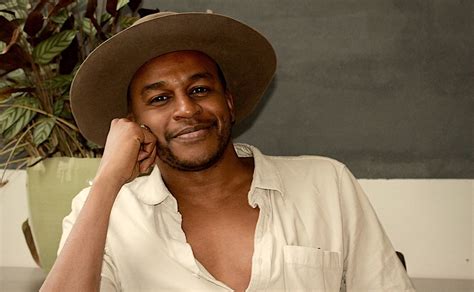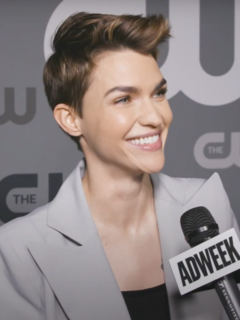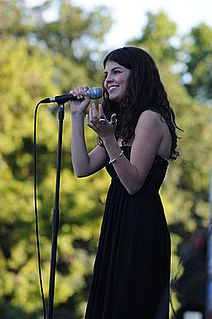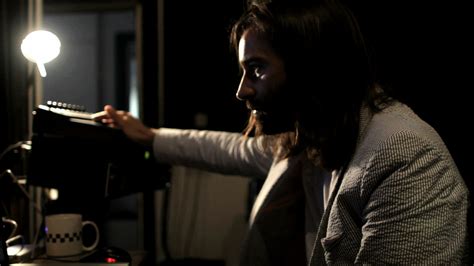A Quote by Jennifer Egan
As a journalist, I have wanted very much to find a way to write about the music industry, and it's been frustrating to me that that's never worked out.
Related Quotes
I have a really good relationship with my label and with people I've worked with since I was younger. I've always had a really good relationship, with both men and women. I think, for me, the way I face sexism in the music industry is when people are like, "Oh, she must not write her own music." That's frustrating, in a way. But it's cool. I'm mostly just like, "Meh." I'm just doing my thing.
I have a general feeling that writers and artists who are in this peculiar situation, of being a persecuted artist, all anyone ever asks about is the persecution. It may well be that's the last thing in the world they want to talk about. There were many years in which every journalist in the world wanted to talk to me, but nobody wanted to talk to me about my work. That felt deeply frustrating because I felt there was an attempt to stifle me as an artist. The best revenge I could have was to write.
I find it very difficult not to write in any sort of Sudanese style. With Sudanese music, there are very specific things that happen with the syncopation of the drums, melodies and stuff. And whenever I write, that's always the first thing that comes out, because I grew up listening to it. It's a part of me, so I try to bring that out in the music. I think that you have to be honest with what you do, and that's the most honest thing that I can do, is to write that way.
I knew that I wanted to be a singer/songwriter when I was much younger and, um, I've been able to, you know, to realize that dream and I'm very pleased with that...I want to branch out. I want to write. I write poetry...Music is an extraordinary vehicle for expressing emotion-very powerful emotions.
If you're in music for the right reasons, you don't pay much attention to the grueling industry. For sure, it's great to have your work appreciated, but it should never be the driving factor. If you don't depend solely on affirmation from the industry to continue to find love in what you do, then you can have as along of a career as you want. I've always been in this for the music and that won't change.
The fascination with the music stayed with me for years and I wanted to find out why I liked it so much and to learn the grammar of it, and that's why I tried to write the sheet music down. Writing it down gave me some ideas of other versions of the music and I wrote the first string quartets and piano pieces based on transcriptions.
I wanted to be a musician. I just wanted to be famous because I wanted to escape from what I felt was my limitation in life... And I wanted to write music, and I didn’t know what I was doing and I never had the technique or understanding of it... But I’ve always played the piano and I can improvise on the piano, but the problem is that I can’t write down what I write. I can read music but I can’t write numbers.
I don't want to follow the map of what the music industry does because I've already lived the industry and I still live the industry so I already understand how it works. The industry doesn't really like us around anyway once we get older because we know too much so, that's fine - cut us off - and we'll find another way to get it out there.






































